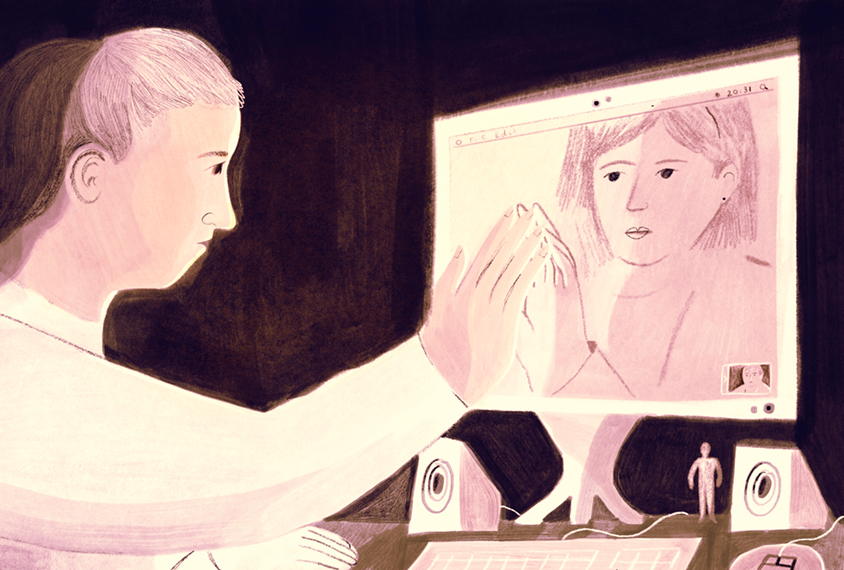Liz Pellicano is professor of autism at University College London in the United Kingdom

Liz Pellicano
Director, Centre for Research in Autism and Education
University College London
From this contributor
We need better strategies to support autistic people as the COVID-19 crisis continues
Interviews with autistic people reveal that many miss their friends and opportunities for social connection, in stark contrast to orthodox views that they have little social motivation and prefer a life of self-isolation.

We need better strategies to support autistic people as the COVID-19 crisis continues
General practitioners urgently need autism training
Many general practitioners in the United Kingdom do not receive autism training, and report having little confidence in caring for patients on the spectrum.

General practitioners urgently need autism training
Friendships pose unique challenges for women on the spectrum
Women with autism value friendships as much as their neurotypical peers do, but they often have difficulty forming and maintaining them.

Friendships pose unique challenges for women on the spectrum
Explore more from The Transmitter
New autism committee positions itself as science-backed alternative to government group
The Independent Autism Coordinating Committee plans to meet at the same time as the U.S. federal Interagency Autism Coordinating Committee later this month—and offer its own research agenda.

New autism committee positions itself as science-backed alternative to government group
The Independent Autism Coordinating Committee plans to meet at the same time as the U.S. federal Interagency Autism Coordinating Committee later this month—and offer its own research agenda.
Two neurobiologists win 2026 Brain Prize for discovering mechanics of touch
Research by Patrik Ernfors and David Ginty has delineated the diverse cell types of the somatosensory system and revealed how they detect and discriminate among different types of tactile information.

Two neurobiologists win 2026 Brain Prize for discovering mechanics of touch
Research by Patrik Ernfors and David Ginty has delineated the diverse cell types of the somatosensory system and revealed how they detect and discriminate among different types of tactile information.
Shifting neural code powers speech comprehension
Dynamic coding helps explain how the brain processes multiple features of speech—from the smallest units of sounds to full sentences—simultaneously.

Shifting neural code powers speech comprehension
Dynamic coding helps explain how the brain processes multiple features of speech—from the smallest units of sounds to full sentences—simultaneously.